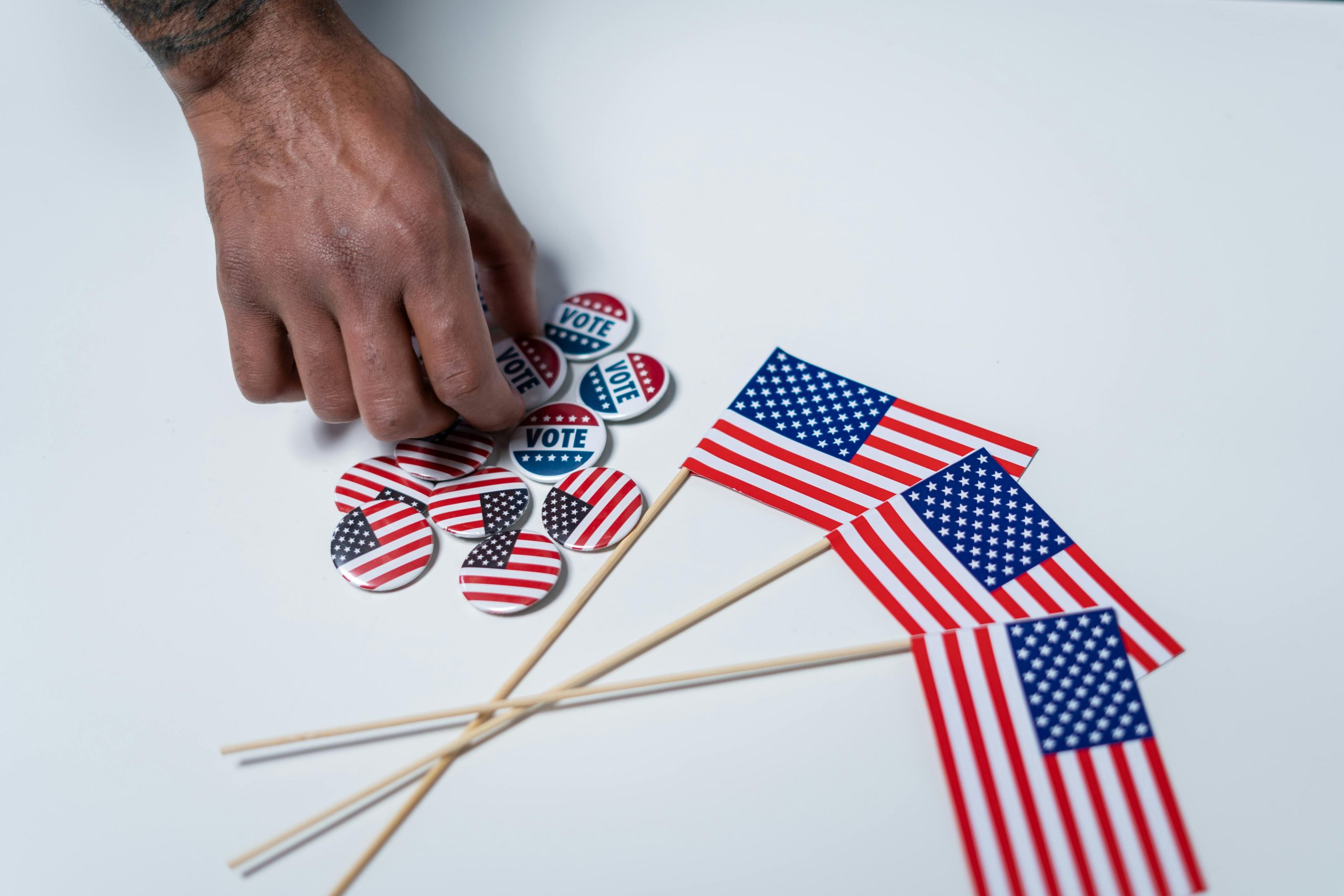Businesses have a rare chance to interact with consumers, get more attention, and enhance revenue on election day without becoming involved in political controversy. These are practical tactics to maximize this day while maintaining an impartial and widely appealing marketing message. The enthusiasm building for Election Day is not limited to the polls; it is also a fantastic chance for businesses to interact with their clientele and increase sales. Learn how to make the most of this special time to celebrate civic involvement, build lasting campaigns, and establish a connection with your community while maintaining a brand that is inclusive and neutral.
Marketers are prompted by this upsurge to review their paid search, paid social, TV, and eCommerce advertising strategies. Businesses have a fantastic opportunity to expand their customer base and enhance their brand recognition as Election Day approaches due to the spike in public interest in participation from consumers. Companies can use this surge in foot traffic-both online and offline-to draw in new customers, as millions of citizens are actively engaged in the political process. Businesses may effectively translate this increased participation into real sales by developing focused marketing strategies that connect with the election subject and matching promotions with customer values.
Social Media’s Impact Around Election Day
Social media platforms see increased user involvement during election seasons as users share updates, news, and opinions. Interactive material that promotes participation and conversation, such as surveys, live Q&A sessions, and campaign updates, increases user involvement. Users are encouraged to interact more with articles and material regarding candidates, policy, and voting topics in their feeds. Viral challenges and hashtags can help spread the word about critical issues, and user-generated content gives people a platform to share their opinions and experiences, turning them from passive information consumers into engaged participants.
Election seasons sometimes see a spike in the spread of fake news, with misinformation regarding candidates, laws, and voting processes. In response, social media companies have increased the amount of fact-checking they do and put policies in place to flag or remove false information. Many social media ads are fighting against showing political content on their pages. Instagram has been working towards improving users’ experiences on their app, looking to enhance their brand safety. In addition, TikTok is focused on curbing fake news and banning political ads on their platform.
Managing the Audience
During election seasons, people tend to consume more news and media. The rise in viewers during elections gives a unique opportunity for companies to expand their customer outreach. As viewers become increasingly engaged with political material marketers can deliberately link their messaging with the heightened attention to current events. Businesses can profit from the increased traffic and visibility by developing timely and relevant advertisements that speak to the feelings and worries of potential customers. During this period, customized advertising can efficiently reach particular engaged groups, leading to increased conversion rates and a stronger customer base. There are numerous trends to be aware of during this period, and below are some tips for advertisers and marketers.
Understand the Social Aspect
The election has a huge social impact on society, and it can contribute to various spending behaviors from consumers. Endorsements from political parties can sway sales for a brand both positively and negatively.
Focus on Brand Values and Awareness
Highlight your brand’s core values and mission statement rather than specific political issues. Share past stories that resonate with your audience’s beliefs without taking a political stance. Invest in campaigns aimed at boosting brand awareness, helping your company stand out.
Boost Impressions
Utilize high-visibility opportunities in all channels of marketing, like sports, to break through the media frenzy during the election. Utilize key election events, like debates or major announcements, to create timely campaigns that relate your brand to these moments.
Manage Promotions
Highlight promotions with broad appeal to capture attention amongst the clutter of the election. Schedule your promotions around key election dates to maximize your impressions and awareness.
Target the Right Crowd
Work to target your audience more effectively and expand your target market to new customers similar to your existing audience. Utilize social media analytics and demographics to target the right crowd. Localized advertising can enhance engagement by addressing regional interests.
Host Events or Webinars
Plan webinars or events that highlight the value of community service and civic involvement. Panels featuring local leaders, conversations on getting active in community issues, and workshops on continuing to have an influence after election day are a few examples of these. These kinds of programs create a feeling of community and demonstrate that the brand is about more than just making money.
Post-Election Engagement
Continue the discussion about civic engagement after Election Day. Provide information, such as local volunteer opportunities or methods to contact their legislators, on how customers can continue to be involved in their communities. This demonstrated the company’s preference for sustained community involvement over election-related short-term engagement.
How to Capitalize on the Election Day Buzz
Through emphasizing civic involvement and neighborhood connection, companies can create campaigns that celebrate democracy and encourage voters to cast ballots while also advancing their own beliefs. This can be accomplished by taking part in activities that encourage conversations about civic duty, documented voters, or collaborating with neighborhood organizations to support voter education projects.
In the end, this strategy helps businesses take advantage of election-related hype and highlights their dedication to building a lively, involved community. Additionally, it encourages brand recognition and loyalty in a morally upstanding and election process-respecting manner. As we navigate the complexities of election seasons, let’s remember that encouraging civic participation can create lasting relationships with customers, ultimately benefiting both businesses and the communities they serve.

